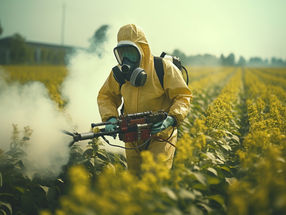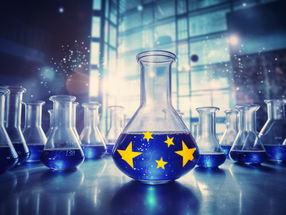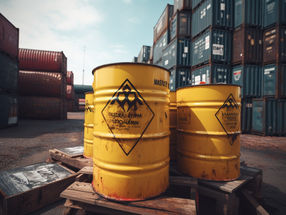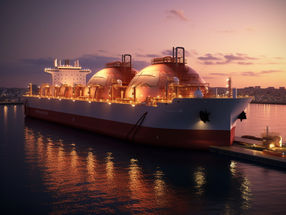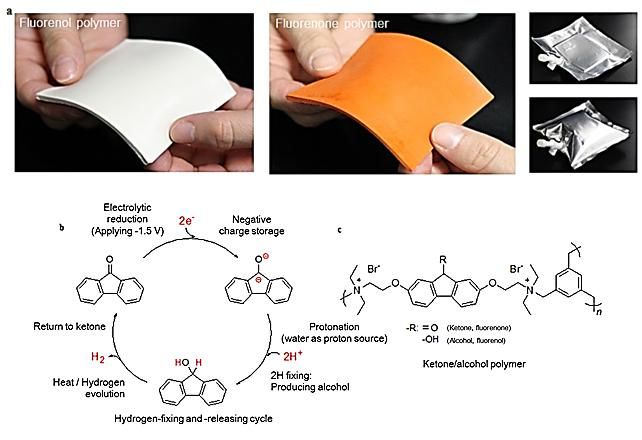BPA banned in baby bottles but used in drinking water pipes
Since the spring of 2011 bisphenol A (BPA) is banned in baby bottles throughout the EU, and lately the presence of this chemical in food tin cans has been increasingly questioned. However, there is also the risk of BPA leaching into drinking water from water pipes being restored with a method called ‘relining'.
"Historically people became sick from the lead used in aqueducts and more recently by copper in drinking water pipes. We should know better than to use materials with the potential to leach hazardous substances in our drinking water system," says professor Åke Bergman, Stockholm University.
Restoring old water pipes from the inside by relining them is less expensive and easier than digging out and replacing the pipes. However there are examples of BPA leaching into the drinking water if the epoxy resin added into the pipe has not hardened properly.
"It is not known how common the leaching of BPA is into the drinking water, but we know that it do happen. We see an urgent need for an EU-wide regulation addressing this problem, as well as the problem of other applications where BPA can leach into our food or drinking water," says Anne-Sofie Andersson, ChemSec director.
The decision to restore old pipes with relining or use other methods often lies with the householder and housing associations. ChemSec advises these groups to question the safety of relining and require safer alternatives.
"We see that relining with epoxy resins is becoming more and more common, which we find very concerning. We strongly discourage this and encourage the companies to develop and use other alternatives," says Danielle Freilich, the Sweden Construction Federation.
BPA is one of the world's most widely-manufactured chemicals, mainly used in plastic materials. Even at low doses it has been linked to health effects such as cancer, obesity, and fertility problems.
"Bisphenol A or similar chemicals must not be used for restoring drinking water pipes - relining. This is a way to introduce an unacceptable risk to the consumers of drinking water, from the tap. Bisphenol A is an endocrine disruptor and precautions must be taken to avoid any human, and in particular child, exposures to the compound," says professor Åke Bergman, Stockholm University.
Most read news
Related link
Other news from the department politics & laws

Get the chemical industry in your inbox
By submitting this form you agree that LUMITOS AG will send you the newsletter(s) selected above by email. Your data will not be passed on to third parties. Your data will be stored and processed in accordance with our data protection regulations. LUMITOS may contact you by email for the purpose of advertising or market and opinion surveys. You can revoke your consent at any time without giving reasons to LUMITOS AG, Ernst-Augustin-Str. 2, 12489 Berlin, Germany or by e-mail at revoke@lumitos.com with effect for the future. In addition, each email contains a link to unsubscribe from the corresponding newsletter.











